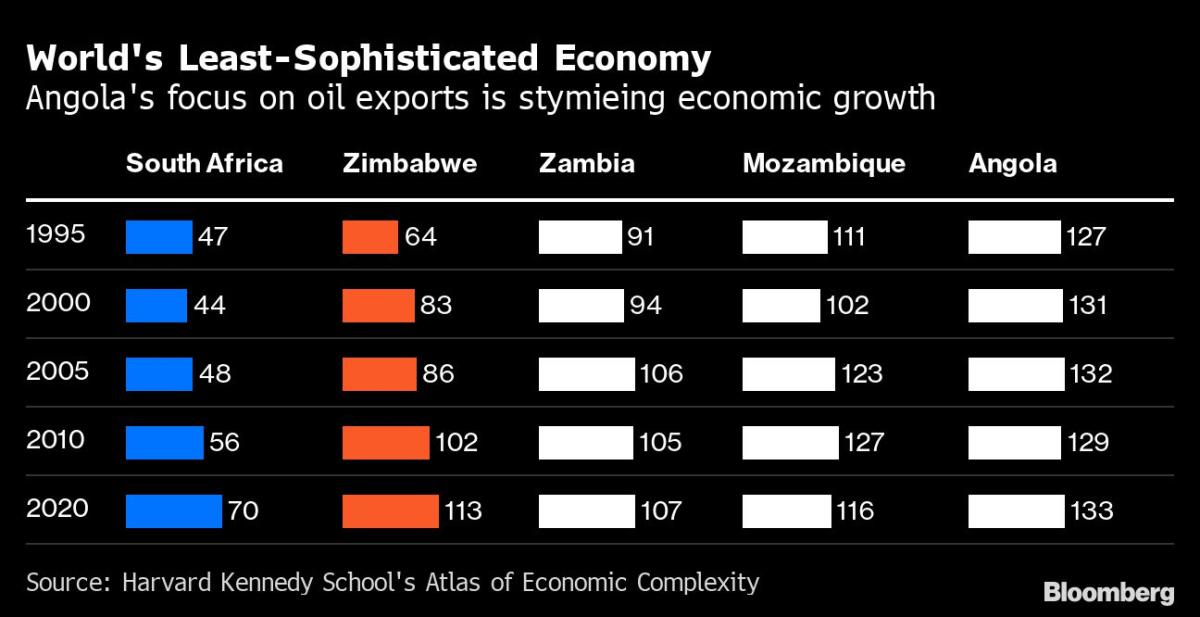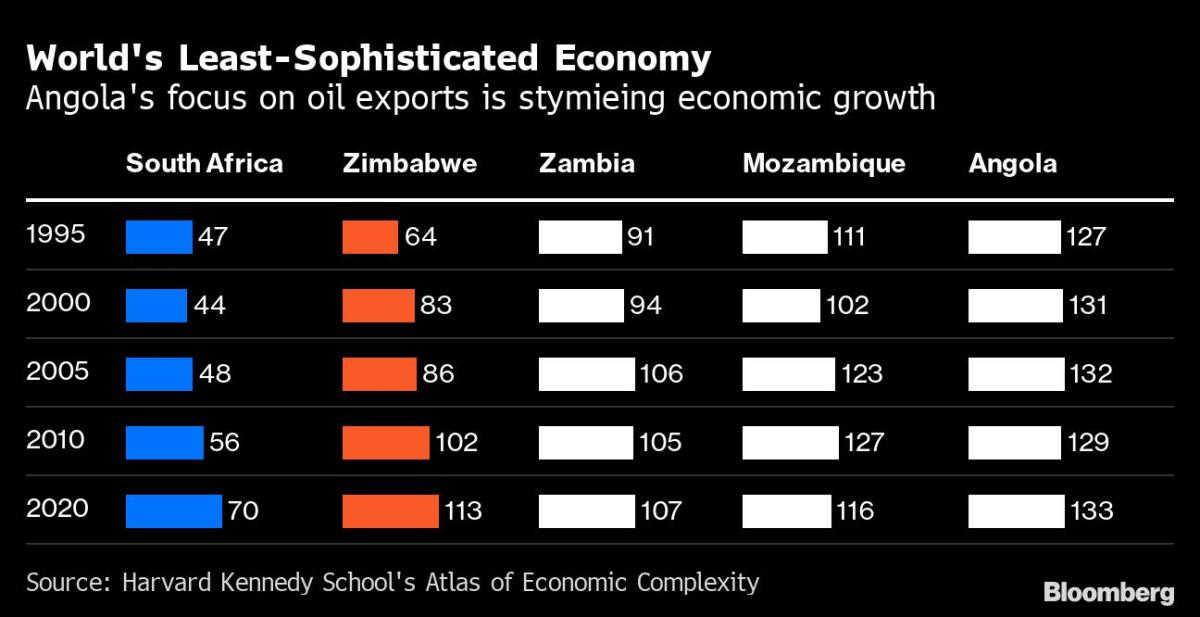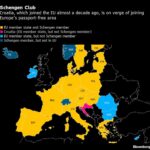
(Bloomberg) — Angola’s President Joao Lourenco is poised for a second term as his party raced toward a majority in a closely fought election.
Most Read from Bloomberg
Lourenco’s party, the Popular Movement for the Liberation of Angola, or MPLA, was ahead with 52.08% of the vote in a provisional count. The main opposition National Union for the Total Independence of Angola, or Unita, garnered 42.98%, said Lucas Quilundo, a spokesman for the national electoral commission, which has tallied 86.4% of the ballots. In 2017, the MPLA won 61% and Unita 27%.
While this was the most contested multi-party election in Africa’s second-largest oil producer since the end of the civil war in 2002, Wednesday’s vote was peaceful and without any serious incidents, according to the electoral commission. Angola’s seaside capital was calm and there were no signs of celebrations or uproar in the streets after the latest provisional results were announced.
Adalberto Costa Junior, seen as Unita’s best chance of unseating the MPLA, said in a statement on his official Facebook page before the provisional results were announced that his party was leading by wide margin. He cited polling station records seen by Unita.
If it wins, the MPLA will extend its almost half a century in power since Angola’s independence from Portugal, maintaining control of the country’s 220-member legislature and Lourenco, 68, will serve another five-year term as president.
Lourenco, who has been credited with shoring up Angola’s finances and reducing debt, has vowed to continue to diversify Angola’s oil-dependent economy in a bid to increase local production, jobs and living standards in a country where the World Bank estimates about half of the population of 33 million live on less than $1.90 per day.
Angola’s economy is expected to expand 3% in 2022, after exiting a five-year recession last year. But growth has failed to trickle down to the rest of the population.
Rampant poverty and unemployment –- Angola’s National Statistics Institute estimates that 57% of the youth are unemployed — partly explains Unita’s increasing popularity, particularly among the young in the cities, according to Manuel Alves da Rocha, an economics professor and director of the Catholic University of Angola’s research center in Luanda.
Unita postponed a news briefing on Thursday after the latest provisional results were announced. Its spokesman Marcial Dachala cited “unexpected circumstances.”
According to the provisional results, Unita had the most votes in the capital.
“People are tired of being told that improving living standards takes time,” Alves da Rocha said in a phone interview. “Angolans need solutions now.”
The National Electoral Commission is expected to update the provisional results later on Thursday.
Most Read from Bloomberg Businessweek
©2022 Bloomberg L.P.




